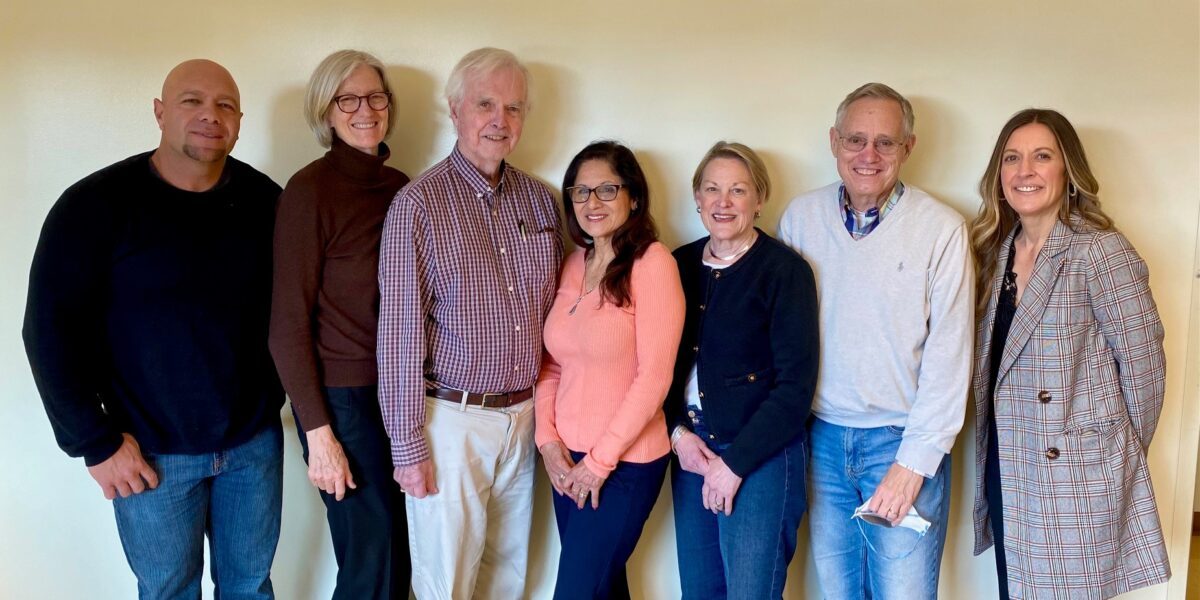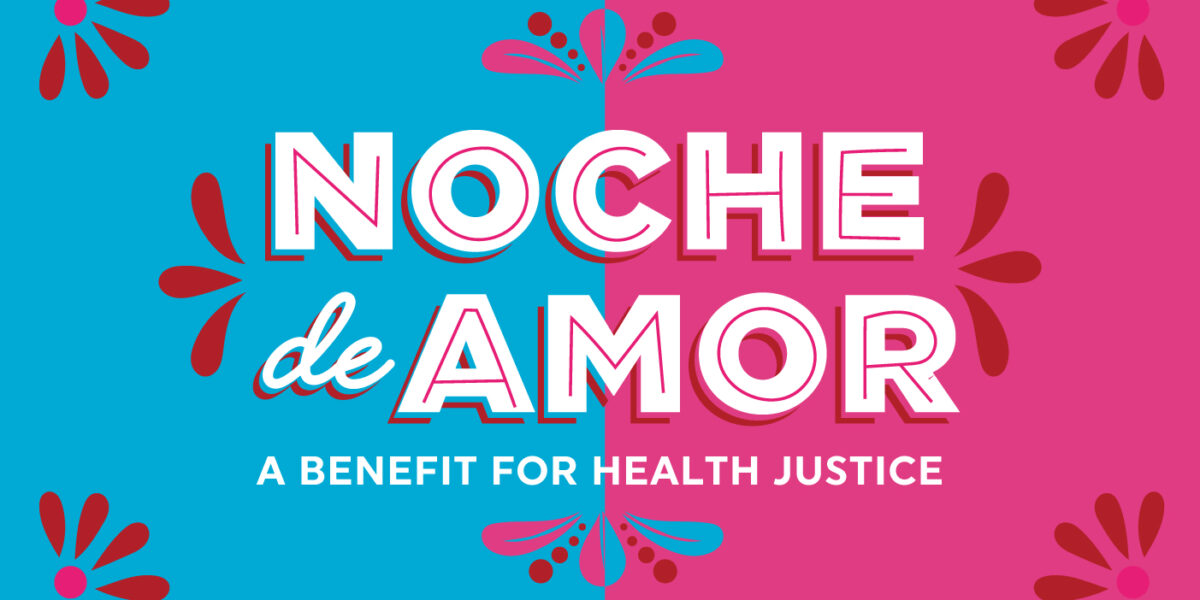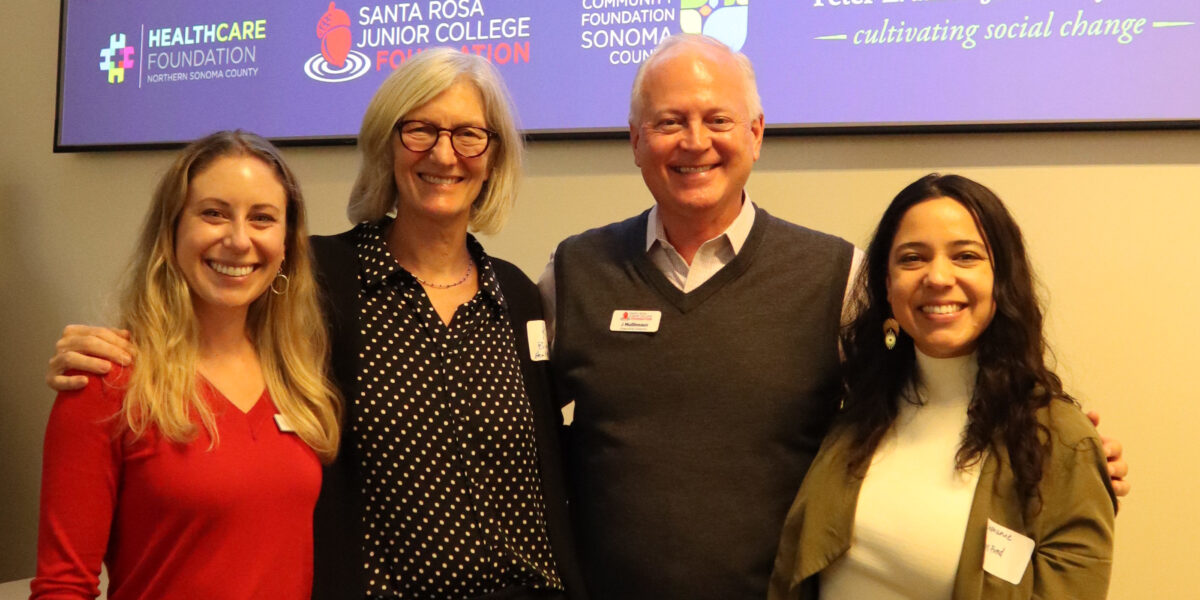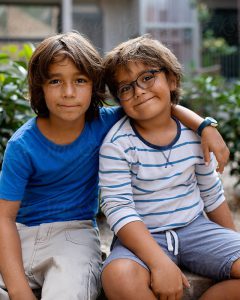
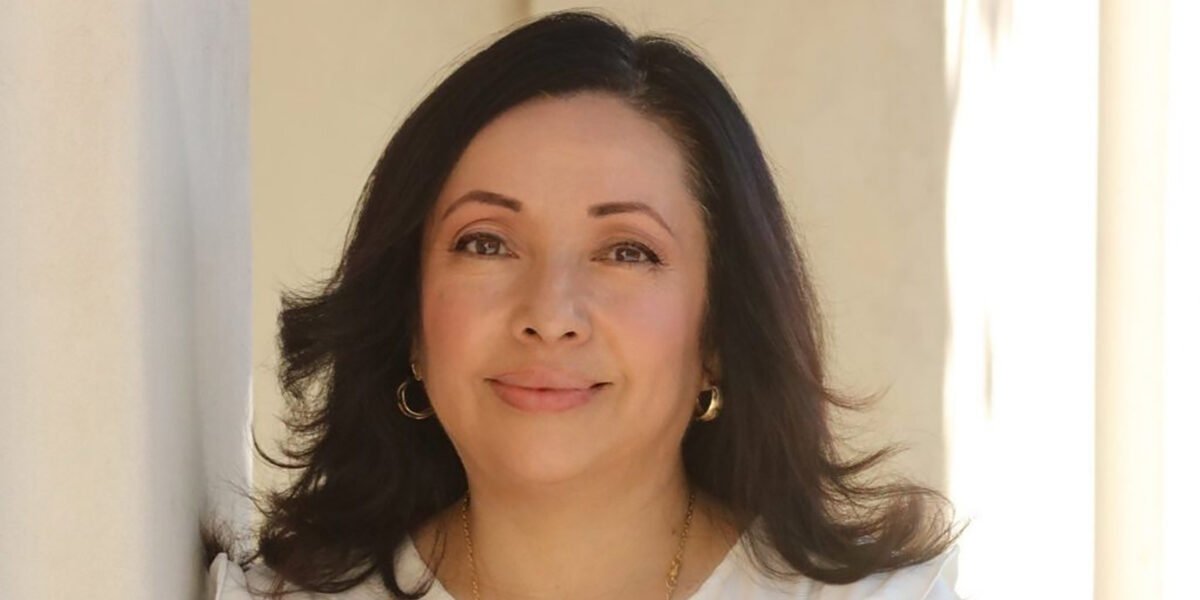
Healthcare Hero Spotlight: A Conversation with Malinalli López
Award-winning film producer Malinalli López spoke with us recently about her perspective on the changes in northern Sonoma County, and what inspires her to be a Healthcare Hero.
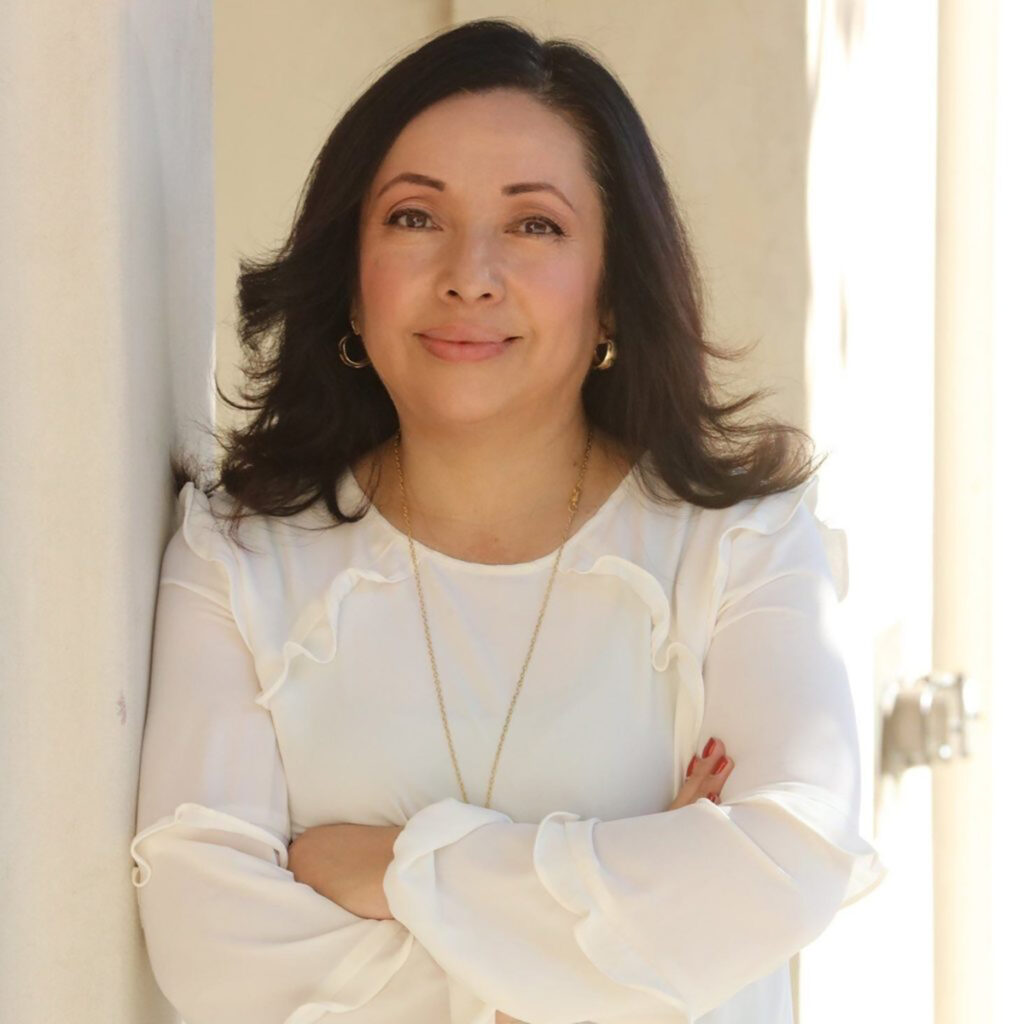
Malinalli López first became one of our Healthcare Heroes—sustaining donors who pledge at least three consecutive years of support—during her time on the Healthcare Foundation board from 2016 to 2019.
An award-winning film producer with a bachelor’s degree in Chicano Studies from the University of California Berkeley and an MFA in motion picture and television directing from the Academy of Art San Francisco, Malinalli is actively engaged in her Windsor community. She has served as Chair of the Public Art Advisory Commission and currently serves as a trustee on the board of the Windsor Unified School District. She accepted the invitation to join the Healthcare Foundation’s board to help support the resilience of northern Sonoma County’s Latinx community more generally, especially in the realm of access to healthcare and mental health resources. Born in Guanajuato, México, she moved to Sonoma County with her parents when she was two. Today, she is raising her own family in Windsor.
Malinalli spoke with us recently about her perspective on the changes in northern Sonoma County, and what inspires her to be a Healthcare Hero.
You were born and raised in Windsor and now are raising your own family there. How has Windsor changed?
Oh, it’s changed a lot. When I was growing up it was very rural. Now it’s more of a semi-urban community. There’s a lot of development now that wasn’t here before. Housing development, lots of commercial stores, for example Walmart is relatively new. It’s very different now.
Has the community changed a lot in Windsor?
I would say it has, because it used to be more Latino. It’s actually become less Latino over time. It used to be very strongly Latino back when I was growing up.
Has it always been a challenge for people in the community to find Spanish-speaking healthcare professionals?
I wouldn’t say that the challenge was not getting access to healthcare professionals that spoke Spanish, because I do remember that there was a lot that did speak Spanish. But I think that the ongoing struggle is finding healthcare professionals that are culturally sensitive and have cultural awareness and who understand the Latino community. That was very rare. Because it’s one thing when people speak Spanish but another when they don’t understand the community, they’re not sensitive to the priorities of the community. That has been an ongoing struggle, and actually I have not seen that significantly change. That was definitely one of my interests in being on the Healthcare Foundation board—by the way, I believe I’m the first Latina to have been part of the Healthcare Foundation. Then when [Executive Director] Kim [Bender] came along, she really changed the diversity of the board, which is really amazing.
How do you see the Healthcare Foundation responding to that need for bicultural access to healthcare, the need for cultural sensitivity and awareness in the field?
For starters, back when I began as a board member, they were very open to my ideas and were really trying to understand more of the Latino community. They were very sensitive to the needs of the Latino community. They understood that they’re not just giving out charity but truly trying to become educated in the issues that are important. That was always a top priority for the board. Cultural awareness, really just trying to become educated, is really important, because it doesn’t do anyone any good if you just hand out resources. You have to become educated about the community, and you also have to help the community to become educated [about healthcare and resources]. So it’s a two-way street.
By bringing cultural humility to the process, you can actually learn from the community and in that way be more effective, more useful to the community in supporting its needs?
Exactly.
What makes you a Healthcare Hero?
The program that I’m most excited about is the Mental Health Talent Pipeline. When I was on the board it was really just an idea that was floating around, it really hadn’t become concrete yet. I know a lot of research was put into understanding how to make that program successful. It speaks to exactly the need that I was talking about, which is that it’s not enough to simply have information in Spanish or to have healthcare professionals who are bilingual. You must have people that are culturally aware, who understand the Latino community and understand their needs and the history—the history of what Latinos have been through.
I think this is the best possible program to address that urgent need, which is to have healthcare professionals who are themselves Latina or Latino, who come from that context. Who better to provide those services in healthcare? It’s amazing. I really think the Healthcare Foundation is a very different kind of organization, because one of their best qualities is that they’re very thoughtful in their approach, and that’s very unusual. That’s not something I ever remember growing up. I always felt that the Latino community was always being condescended to, and there was a deep lack of equity. We were not seen as equals in this community. The Healthcare Foundation has been this beacon of doing things differently.

Related News + Stories
Invest in Our Community
Your support is vital to our collective vision of eliminating health inequities in northern Sonoma County.
Donate
